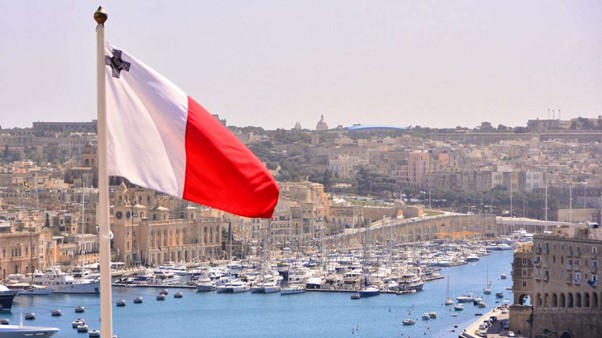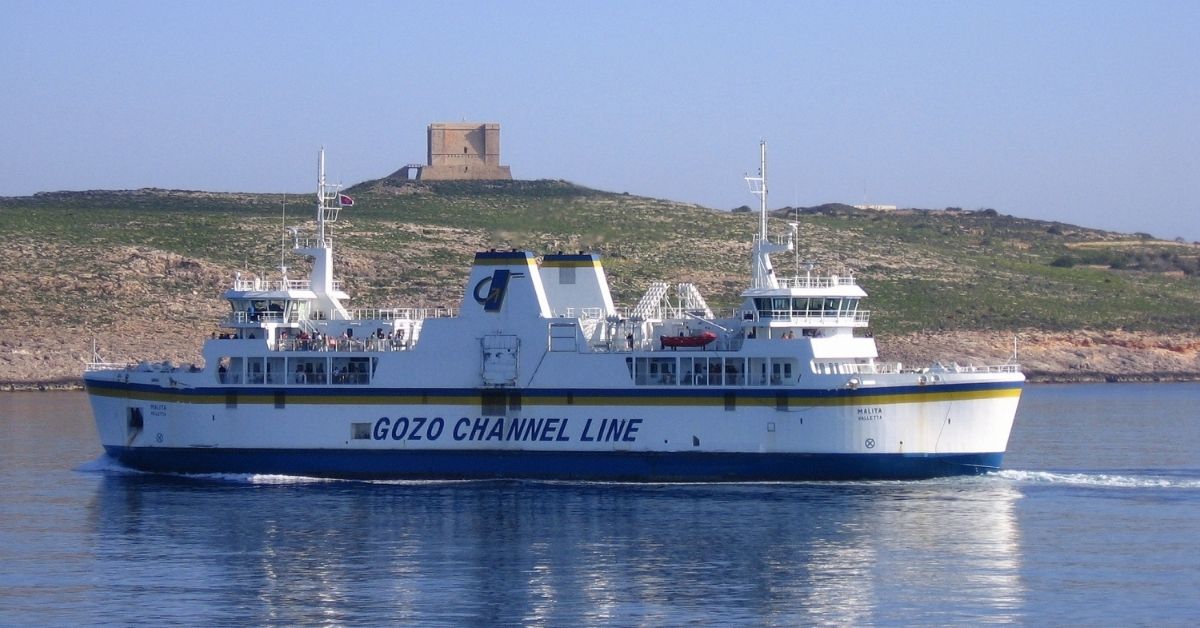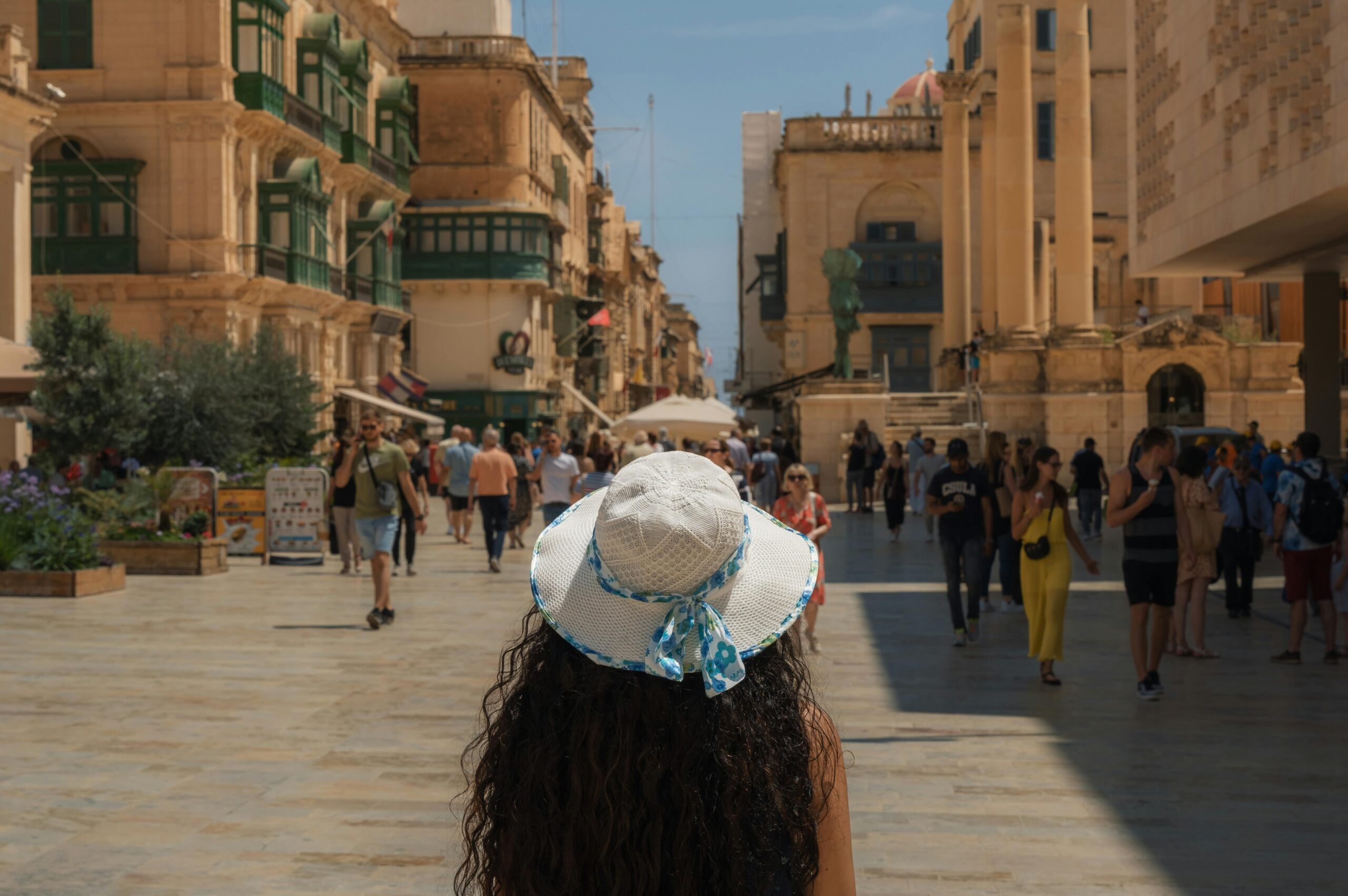Whether it is public institutions competing with private companies for a limited market, investment into long-term public goods, or efforts to get Malta off the greylist and restore our global reputation, good governance, broadly defined, is a key theme across many stakeholders’ economic concerns for the coming years.
Come 27th March, Malta will have a new Government, and it will need to see to a laundry list of challenges as a once-booming economy now stutters under the weight of scandal, international scrutiny, and deep public sector dependence only made worse by the pandemic.
BusinessNow.mt reached out to some of Malta’s key economic stakeholders to ask them about the top priorities they would like to see the country’s politicians address.
Joseph Farrugia, director of the Malta Employers Association (MEA), breaks the priorities down to three main points.
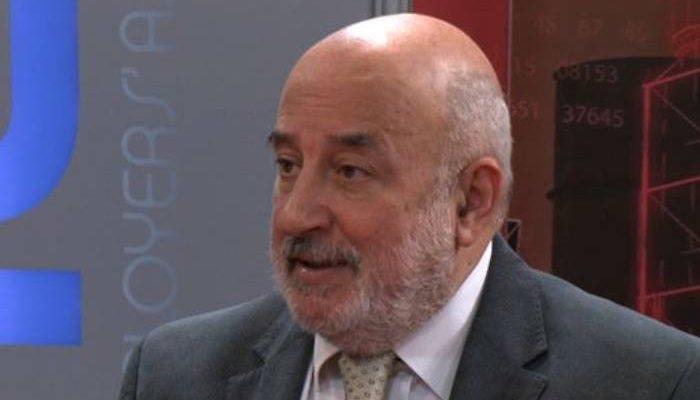
“First,” he says, “ there’s governance. It’s a big problem, and the current uncertainty arising from issues relating to governance is unsustainable. It is threatening Malta’s economic performance for the coming years, and it should definitely be a top priority for any government elected on 26th March.”
The latest landmark EY Attractiveness Survey found that 47 per cent of respondents viewed Malta as an unattractive jurisdiction to invest in after the global financial watchdog, the Financial Action Task Force, placed the country on a list of countries subject to enhanced monitoring.
Mr Farrugia also highlights the need to identify new economic sectors that can help transform the economy, stressing that such economic transformation is vital to ensure the country can continue supporting a good quality of life for all.
The MEA director’s third priority is in fact informed by the organisation’s belief that the link between quality of life and productivity is a two-way street. “We need an economy that also improves people’s wellbeing, one where GDP growth is not the sole objective,” he argues.
His comments bring to mind those made by audit firm EY’s country managing partner Ronald Attard at the MEA’s mid-yearly conference back in June 2021. Mr Attard had stated that “we are moving past solely looking at GDP, and increasingly including societal wellbeing as an indicator of success”, adding that the “short-termism economy” is shifted to one inclined towards creating longer-term value”.
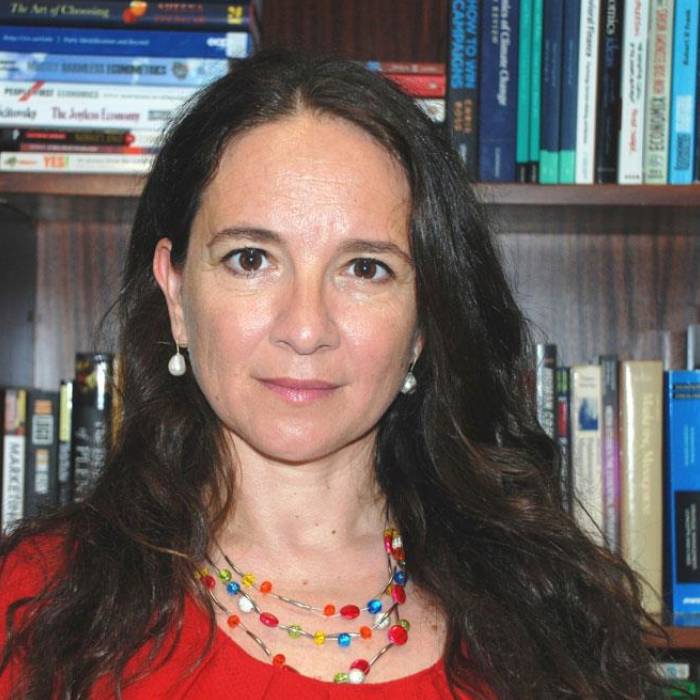
These concerns are echoed by economist Marie Briguglio, who says she would like to see an emphasis on infrastructure for sustainability.
“We need more investment into long-term public goods, and less investment in short-term private goods,” she says, reminding politicians that while the latter may secure certain votes, it is the former that ensure legacy.
Although the Malta Developers Association (MDA) and the Malta Entertainment Industry and Artists Association (MEIA) typically have little in common, both have concerns about the market-distorting effect of Government intervention in their respective private sectors specifically, and the bureaucratic burden of inefficient public institutions in general.
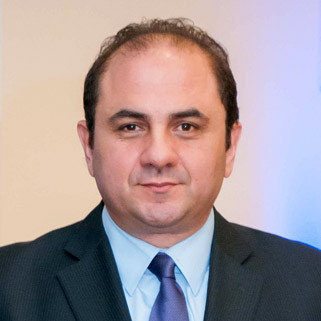
Michael Stivala, acting president of the MDA, says the main issue the lobby group wishes to see politicians address is the lack of efficiency in certain authorities and Government departments, noting that excessive red tape means that things move more slowly than they could.
He adds however that ascertaining a “level playing field” should remain the new Government’s top priority.
MEIA president Howard Keith Debono likewise points to Malta’s public institutions are areas ripe for reform.
He invites a newly elected Government to commit to one ministry for all the cultural and creative sectors and to implement participatory governance with the inclusion of industry professionals and representatives.
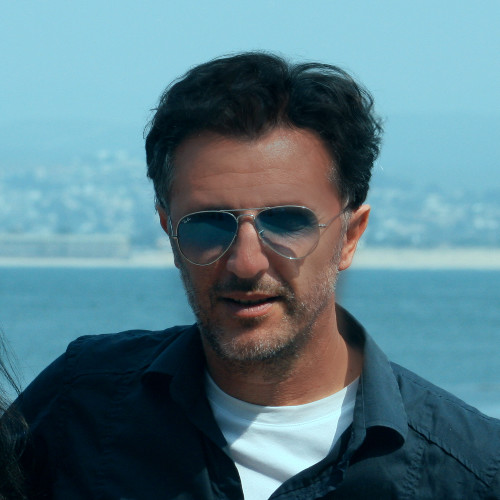
“A reboot of the creative economy as an economic sector to prioritise investment as part of the pandemic recovery programme is crucial,” he says, referring to MEIA’s call on authorities to commit to the plan by allocating a minimum of two per cent of public investment into the cultural and creative sector.
Mr Debono also emphasizes that none of the regulatory bodies in the sector should have any operational or production role within the arts and entertainment “to avoid any sort of competition between the public and private sector”.
Governance also lists high in MEIA’s list of priorities. “More efforts are needed by our MPs to lead by example,” he says.
Tony Zahra, president of the Malta Hotels and Restaurants Association (MHRA), says that immediately after the election a plan to improve Product Malta must be drawn up and implementation begun immediately.
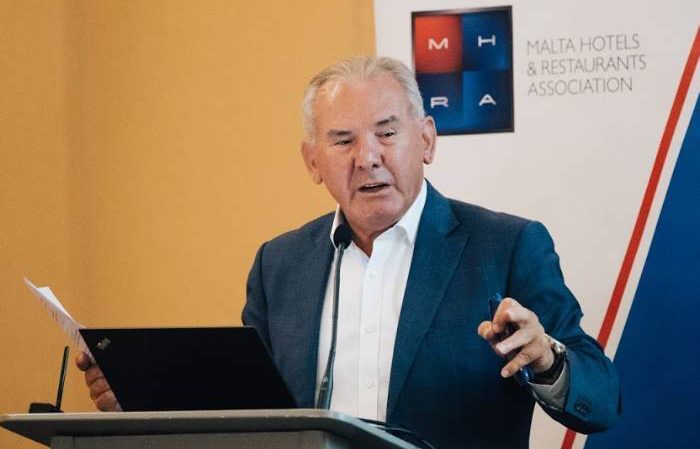
“For the next five years we believe the priority must be Product Malta, which needs some serious spend towards improving or where necessary safeguarding our natural or built environment. There are dozens of examples of what can or should be done to achieve this objective,” he says, pointing out that the nature of the tourism industry makes continuous improvement and innovation necessary.
Mr Zahra adds that the national airline “must survive and thrive”, sharing his view that without this strategically important asset the island could lose its main connections to other countries.
The husband-and-wife economist duo JP Fabri and Stephanie Fabri identify several immediate and medium-to-long-term challenges, noting that “as the general election looms, the debate and policy discussion has already started to and will continue to gravitate towards economic vision, strategy, and policy”.
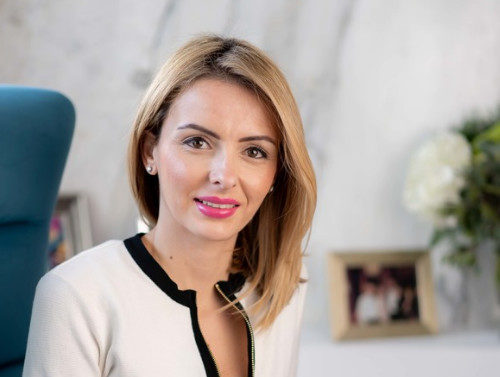
Their list of the most pressing issues includes the need for a holistic economic vision, the support required for the still delicate economic situation, the scale-back of pandemic business support, the supply logistics feeding cost-push inflation, and the corporate insolvency framework.
They add that the green and digital transition is still in its infancy, and will require a lot of facilitation if it is to be a success. They also note that the adverse effects of greylisting are still being felt by businesses.
Malta’s challenges go beyond those that can be fixed quickly, however. Mr Fabri and Dr Fabri identify six other key priorities, including the further diversification of the country’s economic fabric (a priority shared with Mr Farrugia), the building of fiscal buffers, and enhanced capacity to absorb EU funds.

Going beyond the purely economic, the pair also stress on the need to address structural challenges in education and demographic challenges that may impact productivity and potential growth.
Concluding, they observe that “the global environment remains volatile, uncertain, complex, and ambiguous, and the global economic recovery remains fragile especially as tensions surrounding Russia and Ukraine continue to escalate.
“The election campaign will provide an arena for a clear debate on the economy and on plans for how to further develop a strong and resilient economy which will lead to an improved quality of life.
“One hopes that a mature debate will take place for the benefit of all.”
Gozo cargo ship can cut traffic and Ċirkewwa queues, say business groups
'A much needed investment'
Inbound tourism reaches nearly 3.8 million visitors in first 11 months of 2025
Inbound tourist arrivals were estimated at 304,620 in November alone
Farmhouse once used by 1798 Maltese rebellion leader goes on sale for €2.5m
It once served as the headquarters of Vincenzo Borg, one of the leaders in the Maltese uprising against the French


